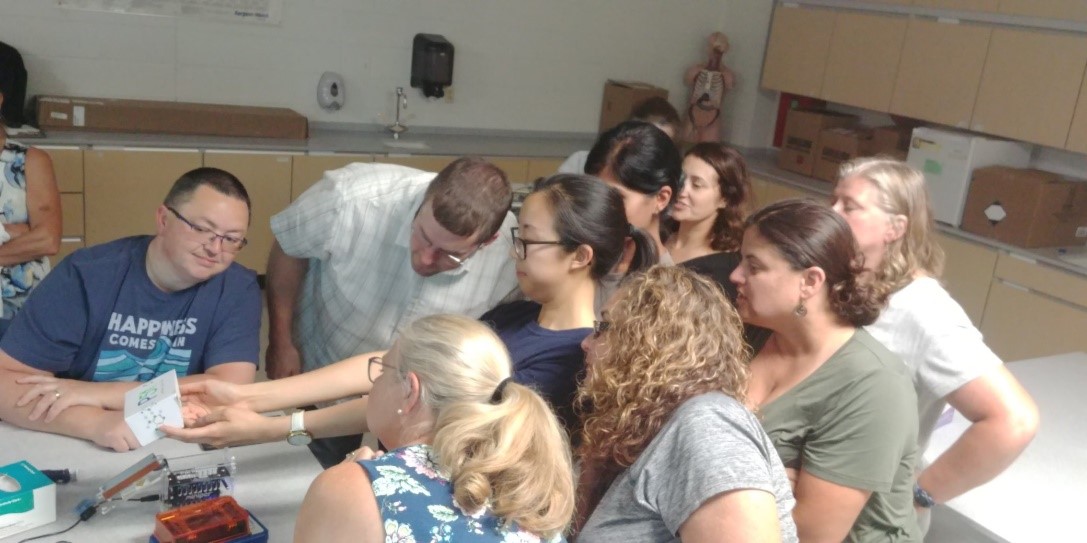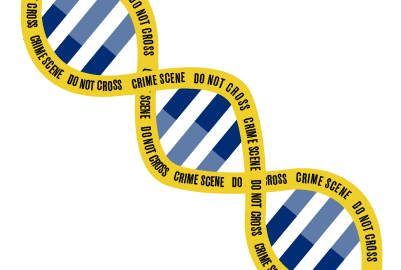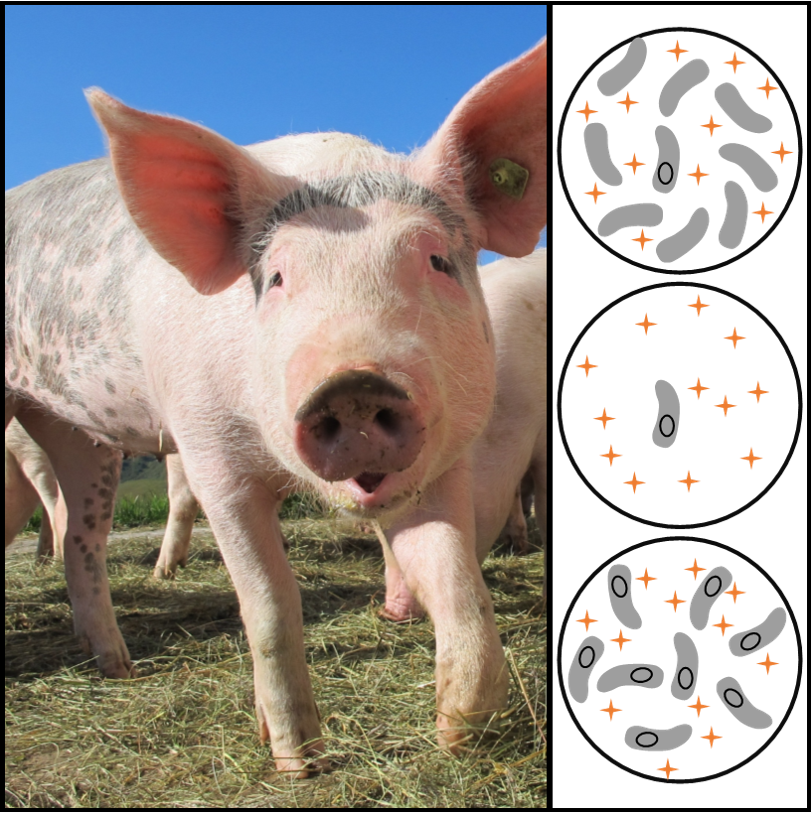Back in the Classroom (Again!)
– by Bruce Bryan miniPCR curriculum director.
This past September, I joined miniPCR as the new Director of Curriculum, working to develop labs and other materials for teachers to use in the classroom. Joining the miniPCR team, however, meant leaving my classroom of nine years, where I taught all levels of high school biology including Anatomy and Physiology and Advanced Placement. I made the change with some significant mixed feelings. I would have far fewer opportunities to make direct connections with students, but perhaps I could create new materials that would reach more students than I ever possibly could in my one room. In my role, I try to use my perspective as a teacher to produce materials that will be truly useful in the classroom, and something I know that I will need to guard against is losing some of that perspective over time.
Teaching is unique profession, one that everyone seems to think they understand, but only those that have done it – planned daily lessons and stood in front of a classroom of expecting students day after day – truly understand.

This month I took the opportunity to try to refresh some of that perspective by taking over a classroom for the day. Briana Gustaitis, a teacher at Classical High School in Providence, Rhode Island, was kind enough to turn her classroom over to me just a week before finals began. Ms. Gustaitis is a terrific teacher and no doubt one of the reasons my day was so successful was the excellent rapport she has with her students. But, as is common with so many educators she also has some significant challenges to overcome. Classical High School, located in downtown Providence, is a building that shows its age and while it has recently refinished lab classrooms, it is largely bereft of actual lab equipment. Compiling that problem, there are more science teachers than science classrooms; as Ms. Gustaitis is the most junior faculty member, she must change classrooms every period. So, over four consecutive class periods, we wheeled our cart of miniPCR equipment from room to room, and introduced Classical students to pipetting and gel electrophoresis using the miniPCR Sickle Cell Genetics Lab. In hour-long periods every one of her students learned how to pipette, load a gel, and interpret the results while reviewing the basics of Mendelian inheritance, mutation, transcription and translation, protein structure and biotechnology techniques. As an added bonus, I was able to use some biology jokes that I had been saving up to use all year (and in the process I was able to embarrass my daughter who is a Classical student – double win!)

Teaching is unique profession, one that everyone seems to think they understand, but only those that have done it – planned daily lessons and stood in front of a classroom of expecting students day after day – truly understand. At miniPCR, we work to try to make labs as easy to implement as possible and try to provide classroom materials that make your job easier. Still, I know from experience that implementing any lab, even in the best equipped classrooms, requires time in preparation, effort in directing your students, and time cleaning up, that giving the same lecture or worksheet as last year just doesn’t entail. It’s clear to me that every time we sell a lab, a teacher has made a conscious choice to challenge themselves as teachers so that they may challenge their students as learners.
Thank you to teachers for everything you do. Now go enjoy your summer – you deserve it.













